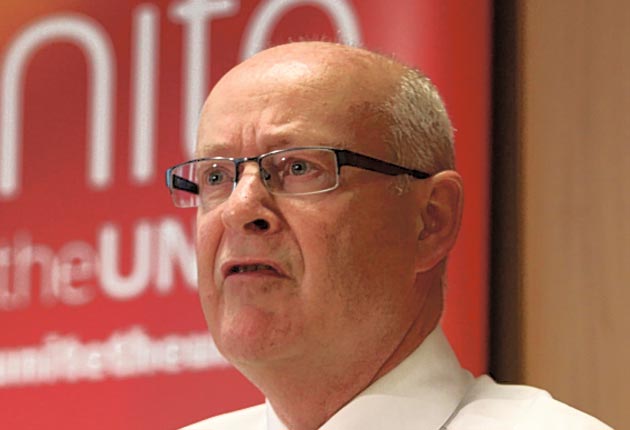Union agrees to talks that may prevent airport strike

Your support helps us to tell the story
From reproductive rights to climate change to Big Tech, The Independent is on the ground when the story is developing. Whether it's investigating the financials of Elon Musk's pro-Trump PAC or producing our latest documentary, 'The A Word', which shines a light on the American women fighting for reproductive rights, we know how important it is to parse out the facts from the messaging.
At such a critical moment in US history, we need reporters on the ground. Your donation allows us to keep sending journalists to speak to both sides of the story.
The Independent is trusted by Americans across the entire political spectrum. And unlike many other quality news outlets, we choose not to lock Americans out of our reporting and analysis with paywalls. We believe quality journalism should be available to everyone, paid for by those who can afford it.
Your support makes all the difference.Bank Holiday travellers may be reprieved from a strike at six of Britain's biggest airports later this month after the Unite trade union yesterday agreed to conciliatory talks.
Talks between Unite and management at BAA, which operates the airports, will begin on Monday in a bid to avert the threatened strike action. The conciliation service Acas said it would facilitate the talks.
The union announced on Thursday that its members had voted to walk out after a dispute over pay and changes to salary and working conditions. The strike would force the closure of the BAA-owned airports Heathrow, Stansted, Edinburgh, Glasgow, Southampton and Aberdeen.
Members of BAA's ground staff voted for the walkout after they were offered a "measly" 1 per cent pay increase. They say the offer, which represents a cut after inflation is taken into account, is unfair, adding that staff accepted a pay freeze last year.
The announcement comes on the day that union members were due to meet to discuss strike tactics and amid speculation they would choose the upcoming bank holiday weekend for maximum impact, something Unite has refused to confirm.
Unite said that no decision over the form or date of any strike will be taken before Monday, which would leave the weekend open for talks. The earliest a strike could be called would be Monday 23 August.
Those members of BAA's security, firefighting and engineering staff represented by Unite, as well as those in various other support roles, were balloted. The union said on Thursday that 74.1 per cent of those who returned their votes were in favour of strike action, but that this amounted to less than half of those who had been sent ballot papers.
BAA said it did not believe the result provided "a clear mandate for strike action".
The union's membership covers around 75 per cent of the BAA workforce, and a strike among firefighters and security staff would force the closure of any airport: aviation laws require that an airport must have both present to open.
The news comes as the prospect of further strikes in Unite's row with BA appeared to be receding. Although staff recently voted two-to-one to reject the company's "final" offer, it was on a significantly decreased turnout to early ballots.
There is still no agreement between the two sides but the union is believed to be wary of a public backlash after staging 22 days of strikes this year. BA's chief executive, Willie Walsh, is also thought to have a large number of replacement staff on standby to minimise the impact of any further strikes among the airline's cabin crew.
David Cameron said a strike at BAA would "do nothing but harm" and would damage business, jobs and tourism, while the Transport Secretary, Philip Hammond, urged both sides to seek an "amicable solution".
"Unite need to consider very carefully the result of this ballot, with only about 35 per cent of staff that were balloted voting in favour of strike action," Mr Hammond warned.
"As the Prime Minister has said, these sort of strikes never achieve anything apart from damage: damage to business; damage to jobs; damage to the interests of tourists who want to come to visit Britain and people who want to have a holiday overseas."
Union bosses denied that they were trying to ruin people's holidays. Unite national officer Brendan Gold and the union's national officer for civil aviation, Brian Boyd, said there was still time for BAA to "get round the table and negotiate" and that it would "not take much" to sort out the dispute. Both men denied any suggestion that the low turnout in the ballot weakened the union's position.
The Prospect union, which represents around 100 BAA workers based at five of the six airports, said 53 per cent of its members also voted in favour of strike action.
Join our commenting forum
Join thought-provoking conversations, follow other Independent readers and see their replies
Comments